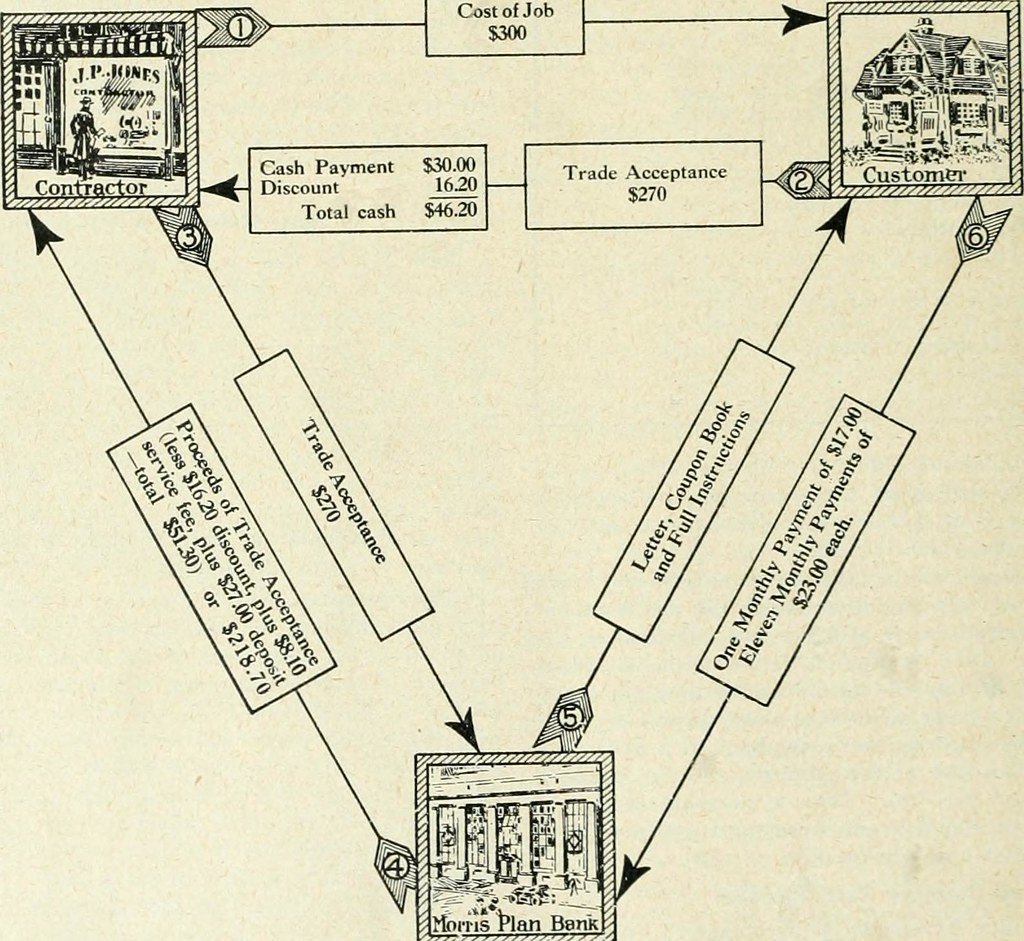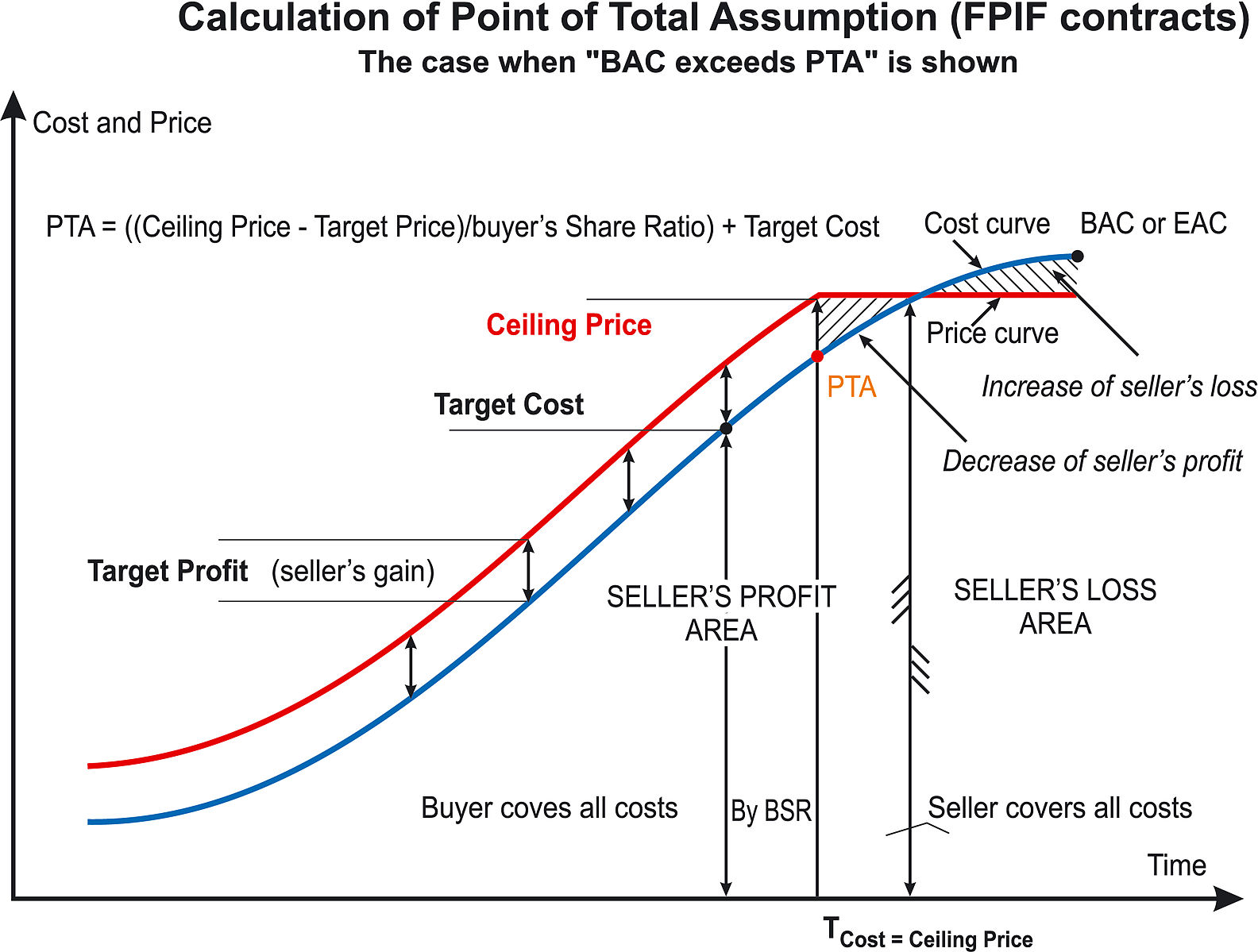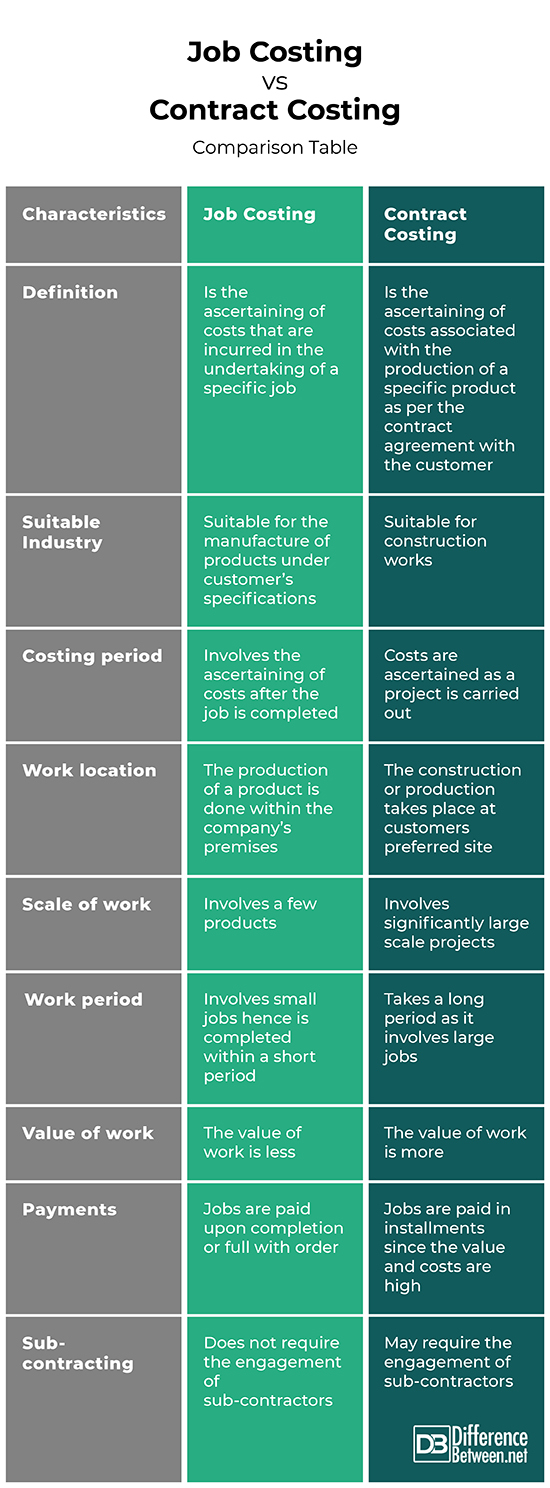Difference Between Job Costing and Contract Costing
In any profit-making business or activity, the level of profitability ultimately determines the survival rates. Many businesses, however, fail at this point. While many errors may be made, among the most common ones include the failure to carry out or the use of the wrong costing technique for costs incurred such as manufacturing, processes, products, human resource, and distribution channels, just to name a few. Among factors to consider in the determination of accosting technique include the nature of the industry, classification of products, quality, and quantity of products to be produced. Costing is important in:
- The determination of the exact cost of an item
- Determination of profit margins hence selling prices
- Detect wastage and reduce the cost of manufacture where necessary
- Suggest changes in design when the cost is lower or too high
Some of the most common costing methods include job costing, process costing and contract costing. Although both are important in external and internal reporting, they have several variances.
Job costing
This is the ascertaining of costs that are incurred in the undertaking of a specific job. Often used to accumulate costs in small level projects such as manufacturing of small product batches, construction of custom items, constructions and developing software programs, just to name a few, this method has been deemed effective in determining unrelated costs and the costs paid for, and is used to bill unrelated or unpaid costs to the customer.
Job costing mainly involves costs such as:
- Material
- Labor
- Overheads
This method aims at determining the profit or loss incurred in each job, which serves as a check against estimated prices. Adjustments can be made based on the costing results to enhance quality and ensure service providers do not incur losses.
Contract costing
This is the ascertaining of costs associated with the production of a specific product as per the contract agreement with the customer. Common in commercial construction, companies sign a contract with the customer specifying the estimated costs to be incurred to deliver a specific product. The contracting company must track the costs incurred for billing justification.
Common costs reimbursed include:
- Fixed costs- These include a fixed amount paid to the company for project completion. It can, however be paid in a lump sum or progress payments.
- Cost-plus- This is reimbursed for all the costs in the production process, plus a percentage margin.
- Time and materials- The contracting company bills the time and material costs plus a profit margin.
Similarities between Job Costing and Contract Costing
- Both are ways of ascertaining costs incurred in the undertaking of jobs
Differences between Job Costing and Contract Costing
Definition
Job costing is the ascertaining of costs that are incurred in the undertaking of a specific job. On the other hand, contract costing is the ascertaining of costs associated with the production of a specific product as per the contract agreement with the customer.
Suitable industry
Job costing is suitable for the manufacture of products under the customer’s specifications. On the other hand, contract costing is suitable for construction works.
Costing period
Job costing involves the ascertaining of costs after the job is completed. On the other hand, costs are ascertained as the project is carried out.
Work location
While the production of a product under job costing is done within the company’s premises, the construction or production involving contract costing takes place at customer’s preferred site.
Scale of work
While job costing involves a few products, contract costing involves significantly large scale projects.
Work period
Job costing involves small jobs hence is completed within a short period. On the other hand, contract costing takes a long period as it involves large jobs.
Value of work
The value of work involved in job costing is less. On the other hand, the value of work involved in contract costing is more.
Payments
Jobs carried under job costing are paid upon completion or full with order. On the other hand, jobs under contract costing are paid in installments since the value and costs are high.
Sub-contracting
Sub-contractors are not engaged in work under job costing. On the other hand, part of the work may be delegated to a sub-contractor.
Job Costing vs. Contract Costing: Comparison Table
Summary of Job Costing vs. Contract Costing
Job costing is the ascertaining of costs that are incurred in the undertaking of a specific job. Suitable for the manufacture of products under customer’s specifications, it involves small jobs of less value whereby the costs are ascertained after the job is completed. On the other hand, contract costing is the ascertaining of costs associated with the production of a specific product as per the contract agreement with the customer. It involves high-value work hence takes a long time to complete, and may even require the engagement of sub-contractors. Despite these differences, both job costing and contract costing are effective costing techniques.
- Difference Between Profit Center and Investment Center - July 2, 2022
- Difference Between Anti-Trust and Anti-Competition - June 6, 2022
- Difference Between Stocktaking and Stock Control - June 6, 2022
Search DifferenceBetween.net :
Leave a Response
References :
[0]Image credit: https://commons.wikimedia.org/wiki/File:PMP_FPIF_Contracts_-_BAC_exceeds_PTA.jpg
[1]Image credit: https://c1.staticflickr.com/6/5583/14779924064_0613f66eec_b.jpg
[2]Lucey Terence. Costing. Cengage Learning EMEA, 2002. https://books.google.co.ke/books?id=TNDfwPw7mlMC&pg=PA174&dq=Difference+between+Job+Costing+and+Contract+Costing&hl=en&sa=X&ved=0ahUKEwjAr7SE-oXlAhVOzYUKHVOiByUQ6AEIJzAA#v=onepage&q=Difference%20between%20Job%20Costing%20and%20Contract%20Costing&f=false
[3]Gupta M. Cost Accounting Text and Problems. S. Chand Publishing, 2008. https://books.google.co.ke/books?id=tSwrDAAAQBAJ&pg=PA384&dq=Difference+between+Job+Costing+and+Contract+Costing&hl=en&sa=X&ved=0ahUKEwjAr7SE-oXlAhVOzYUKHVOiByUQ6AEILjAB#v=onepage&q=Difference%20between%20Job%20Costing%20and%20Contract%20Costing&f=false
[4]Bharat T & Tulsian P. Introduction to Cost Accounting. S. Chand Publishing, 2010. https://books.google.co.ke/books?id=LDJlDwAAQBAJ&pg=SA6-PA12&dq=Difference+between+Job+Costing+and+Contract+Costing&hl=en&sa=X&ved=0ahUKEwjAr7SE-oXlAhVOzYUKHVOiByUQ6AEIPDAD#v=onepage&q=Difference%20between%20Job%20Costing%20and%20Contract%20Costing&f=false



